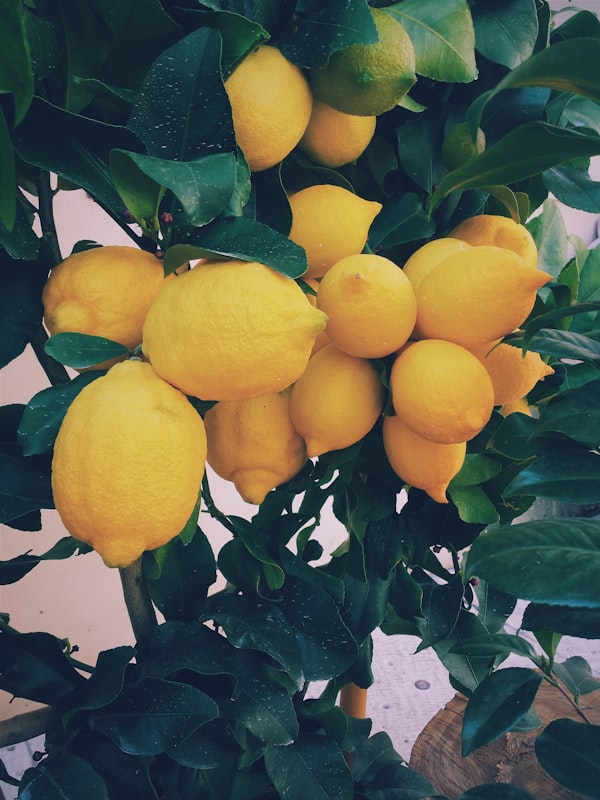Welcome! So good to have you here. Could you please start by stating your name, your occupation, and something else interesting about yourself?
Yeah, well, I’m really excited to be here. My name is R.S Deeren, I’m the author of the story collection Enough to Lose, and

